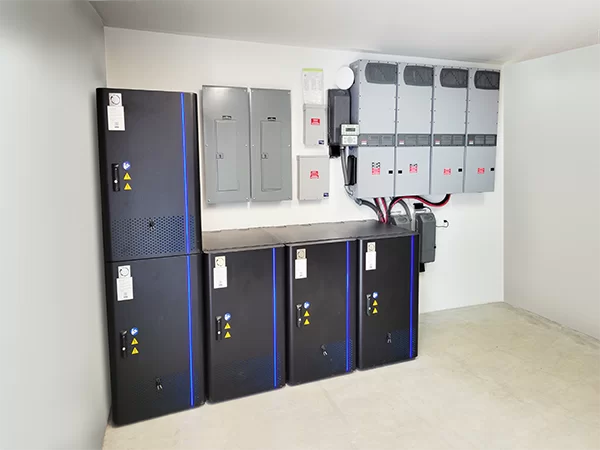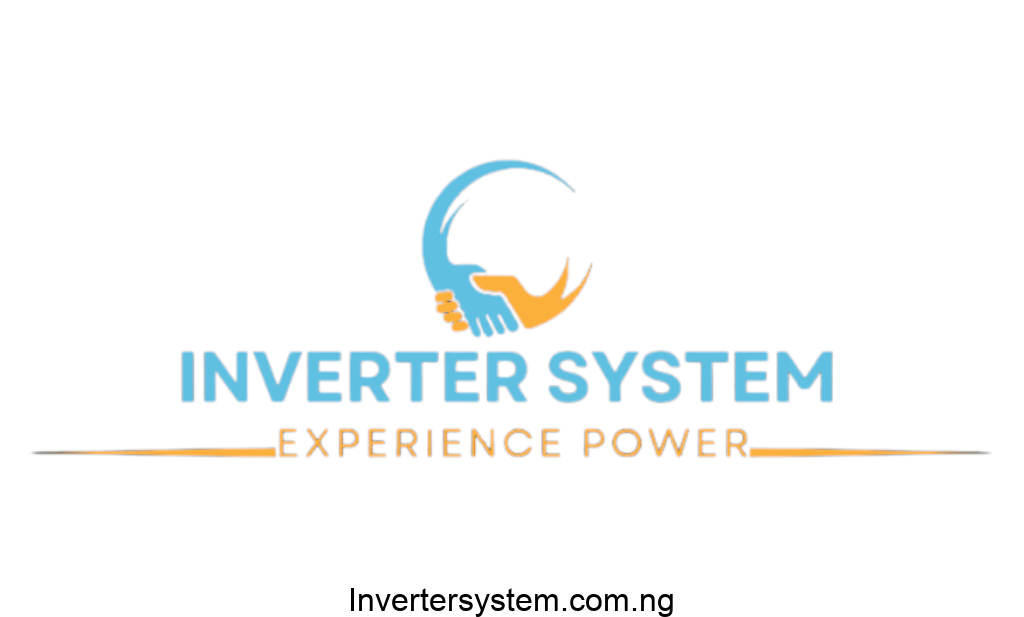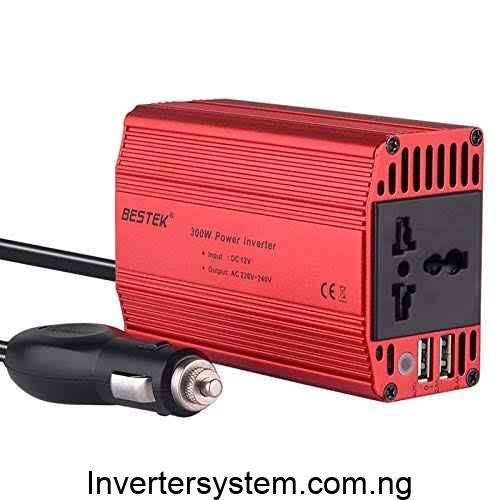Role of Solar Inverters in Off-Grid Solar Systems

Off-grid solar systems represent more than just a power alternative; they offer a pathway to energy independence and resilience. Whether you’re in a remote location or simply seeking control over your energy consumption, an off-grid solar system provides the opportunity to generate and use your power without reliance on the traditional grid. However, at the heart of any off-grid solar setup is one critical component – the solar inverter. This device plays a key role in making the energy harvested by your solar panels usable by converting it into a form that your home, business, or appliances can recognize and utilize. However, the role of solar inverters extends far beyond simple energy conversion, offering sophisticated energy management, system efficiency, and reliability.
Off-Grid Solar Power Systems

Off-grid solar systems are designed for locations where connection to the power grid is impractical or unavailable. These systems allow for energy independence, providing a reliable source of power in locations ranging from remote cabins to rural homes and even for emergency preparedness setups. Unlike grid-tied solar systems, which rely on the external grid for backup and excess energy storage, off-grid solar systems are entirely self-contained, meaning they must be capable of meeting energy needs through solar power alone. This includes energy generation, storage, and conversion.
The key components of an off-grid system include solar panels, batteries, charge controllers, and solar inverters. While solar panels capture sunlight and convert it into DC electricity, it’s the solar inverter that makes this power usable by converting it into AC electricity, which powers most of our modern appliances.
The Function of Solar Inverters in Off-Grid Systems

The solar inverter is the unsung hero of any solar power system, especially in off-grid solar setups. Its primary function is to convert the DC (Direct Current) energy produced by the solar panels into AC (Alternating Current) electricity, which is what most appliances and home systems use. Without the inverter, the energy generated would remain inaccessible, stored in the batteries but unable to power the appliances and devices we rely on daily.
However, the role of the inverter in off-grid solar systems goes beyond conversion. These devices also regulate the flow of electricity between the solar panels, batteries, and the loads (appliances). They ensure that energy is used efficiently, directing excess power to batteries for storage and providing real-time power to appliances when needed. This process is integral to off-grid solar power efficiency and the long-term sustainability of the system.
Additionally, inverter technology has advanced significantly, enabling off-grid solar inverters to now handle more complex tasks such as monitoring energy flow, maximizing energy harvest, and ensuring seamless energy storage and usage management.
Types of Inverters Used in Off-Grid Solar Systems

There are different types of inverters used in off-grid solar power systems, each suited to various applications depending on energy needs and budget:
- Pure Sine Wave Inverters: These are the most efficient type of inverter and are essential for sensitive electronics, such as laptops, TVs, and medical devices. A pure sine wave inverter generates an AC waveform that is identical to or better than what you’d get from the utility grid, making it ideal for homes and businesses that rely on clean, stable power.
- Modified Sine Wave Inverters: These are cheaper than pure sine wave inverters but produce a less smooth waveform, which can cause issues with certain electronics, especially those that require consistent and clean power. They are best suited for simple appliances like lighting and basic tools.
- Off-Grid Inverter vs. Hybrid Inverter: Hybrid inverters are capable of interacting with both off-grid and grid-tied setups, offering more flexibility for users who want the option of switching between grid power and solar power. However, off-grid inverters are designed specifically for complete energy independence, making them more specialized for self-sufficient systems.
For systems that require backup power during emergencies or outages, backup inverters provide a fail-safe solution, ensuring that energy is continuously supplied even when other components are down or energy storage is low.
Key Components of Off-Grid Solar Power Systems

The performance and reliability of an off-grid solar power system depend on the proper integration and function of several components. These include:
- Solar Panels: The energy generators of the system, solar panels convert sunlight into electricity. The type and size of the solar panels will directly impact the amount of energy generated and thus determine the overall system’s capacity.
- Off-Grid Solar Inverter with Battery: The inverter converts and manages energy flow, while the battery stores excess energy for use during periods without sunlight, such as during nighttime or cloudy days. The right combination of an inverter and solar battery ensures continuous power supply.
- Solar Charge Controller: This device regulates the voltage and current coming from the solar panels to the batteries, preventing overcharging and ensuring the long-term health of the battery system.
In larger or more complex setups, a split-phase off-grid inverter may be used to handle multiple loads or to distribute power across different circuits. Off-grid inverter systems often need to handle varying loads and energy demands, making the type of inverter you choose essential to the system’s success.
Efficiency and Energy Management in Off-Grid Systems

The efficiency of an off-grid solar inverter is directly linked to how much energy is lost during the conversion process. More efficient inverters will minimize power loss, ensuring that more of the solar energy generated is used to power your home or stored in batteries.
For larger systems, a high-capacity off-grid inverter is essential to handle the energy demands without reducing efficiency. These inverters can convert and manage larger loads of energy, ensuring that even large appliances or heavy energy consumers can be powered by solar.
Moreover, inverters also play a critical role in energy management within the system. They ensure that the batteries are charged when excess solar energy is available and that this stored energy is distributed efficiently when sunlight isn’t available.
Standalone Solar Power Systems

Standalone solar power systems operate entirely without connection to the traditional power grid, making them ideal for remote locations, off-the-grid living, or places with unreliable grid infrastructure. The key to a successful standalone solar system is having the right combination of solar panels, inverter, and energy storage to meet daily energy needs.
A standalone solar inverter ensures that energy conversion is efficient and reliable. In regions with limited sunlight, this is especially important for ensuring consistent power, as the inverter must manage both energy production and storage without relying on a backup grid.
Energy Storage in Off-Grid Systems

Solar energy storage solutions have become increasingly advanced, with modern systems using lithium-ion batteries due to their higher efficiency, faster charge rates, and longer lifespan compared to traditional lead-acid batteries.
A well-designed off-grid solar system with battery storage ensures that there’s always energy available when it’s needed most. Inverters with battery storage manage this process seamlessly, making it possible to live entirely off-grid with minimal power interruptions.
Inverter Installation and System Design
Proper off-grid inverter installation is crucial for the overall success of the system. The placement of the inverter, the design of the system, and the integration of components like solar charge controllers and batteries can greatly impact the system’s efficiency and reliability.
When designing an off-grid solar system, especially one with a 48V off-grid solar inverter, the system must be sized appropriately to meet energy needs. In systems with higher power demands, split-phase inverters allow for more complex setups that can distribute power across different areas or circuits in the home.
Comparing Off-Grid, Hybrid, and Grid-Tied Systems

When choosing between different solar systems, it’s essential to understand the differences:
- Off-Grid Systems: These systems operate entirely independently of the grid, relying on solar panels and battery storage to meet energy needs. They are ideal for remote locations or those seeking complete energy independence.
- Hybrid Systems: Hybrid systems can function both as grid-tied and off-grid systems. They offer flexibility, allowing users to rely on grid power when solar energy is insufficient while still generating and storing solar energy.
- Grid-Tied Systems: These systems are connected to the grid and typically feed excess energy back into the grid. However, they lack the independence and resilience that off-grid systems provide.
Cost and Pricing of Off-Grid Solar Inverters

The cost of off-grid solar inverters varies widely based on factors such as capacity, efficiency, and technology. A high-quality inverter may come at a higher initial cost but can significantly enhance system performance and reduce energy losses.
Investing in the best off-grid solar inverters ensures that your system runs efficiently, providing consistent energy and maximizing the return on your investment.
Advanced Off-Grid Solar Solutions
As technology continues to advance, off-grid solar solutions have become more efficient and accessible. From split-phase inverters to 48V off-grid solar inverters, these systems offer higher power capacities, more reliable energy management, and longer lifespans than earlier models.
Best Practices for Maintaining Off-Grid Solar Inverter Systems
To maximize the lifespan and performance of your off-grid solar system, regular maintenance is essential. This includes keeping your batteries charged and healthy, ensuring your solar panels are clean and free from obstructions, and regularly checking your inverter for any signs of wear or malfunction.
Conclusion
Solar inverters are the backbone of any off-grid solar power system. Without them, the energy generated by solar panels would be inaccessible for most household appliances. Their role in energy conversion, management, and storage ensures that every component of an off-grid system works in harmony. From pure sine wave inverters for sensitive electronics to split-phase inverters for more complex setups, the variety of inverters available today makes it possible to design systems tailored to specific needs, whether for a small cabin or a large home.
As the demand for renewable energy solutions grows, off-grid solar systems have become increasingly advanced, incorporating innovative technologies like 48V off-grid solar inverters and sophisticated battery storage solutions. These advancements ensure that more people can embrace energy independence, especially in remote locations or areas with unreliable grid access.
Cost considerations, system efficiency, and the selection of the right inverter technology are all critical to making sure your off-grid system is capable of meeting energy demands consistently and reliably. While there may be a higher initial investment for quality components, the long-term benefits of lower energy costs and greater reliability make it worthwhile.
Now that you know how crucial solar inverters are to off-grid solar power systems, it’s clear that investing in the right inverter can significantly enhance your system’s performance and sustainability. Whether you’re planning a full transition to off-grid living or simply want a backup power system, understanding the role of the inverter and choosing the right type will ensure that your system delivers reliable, clean energy for years to come.
Ready to build your off-grid solar system? Consider evaluating your energy needs, choosing the best inverter for your setup, and designing a system that provides the energy security and independence you seek.





